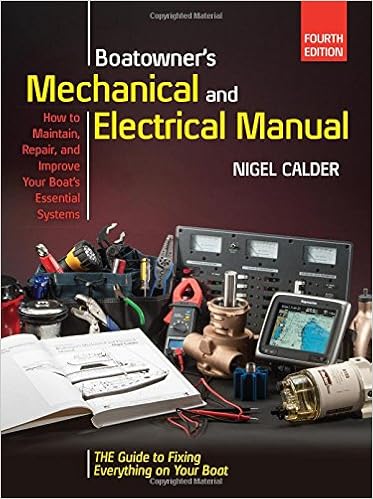YellowPiper
Veteran Member
I have a question. New to power boating (ownership)
Boat we purchased is a small 31 foot pocket trawler the we intend to spend most weekends, lots of weeks and upto 28 day on her at a time. We like being on the hook.
She has a good size house bank, a 3.5kw gen set, and a xantrex true charger when plugged in.
She does not have an inverter.
We are sailors so come from the world of no genset but rather charge our batteries with the engine (our gen) and the run off of the inverter to get our 120 volts we seem to need for the small chargers, coffee maker or toaster oven.
Do most boaters with a generator have an inverter for the low current items rather than firing up the gen.
If so how does it hook into the system.
Thanks in advance for you input
Colin
Toronto ON
Boat we purchased is a small 31 foot pocket trawler the we intend to spend most weekends, lots of weeks and upto 28 day on her at a time. We like being on the hook.
She has a good size house bank, a 3.5kw gen set, and a xantrex true charger when plugged in.
She does not have an inverter.
We are sailors so come from the world of no genset but rather charge our batteries with the engine (our gen) and the run off of the inverter to get our 120 volts we seem to need for the small chargers, coffee maker or toaster oven.
Do most boaters with a generator have an inverter for the low current items rather than firing up the gen.
If so how does it hook into the system.
Thanks in advance for you input
Colin
Toronto ON

